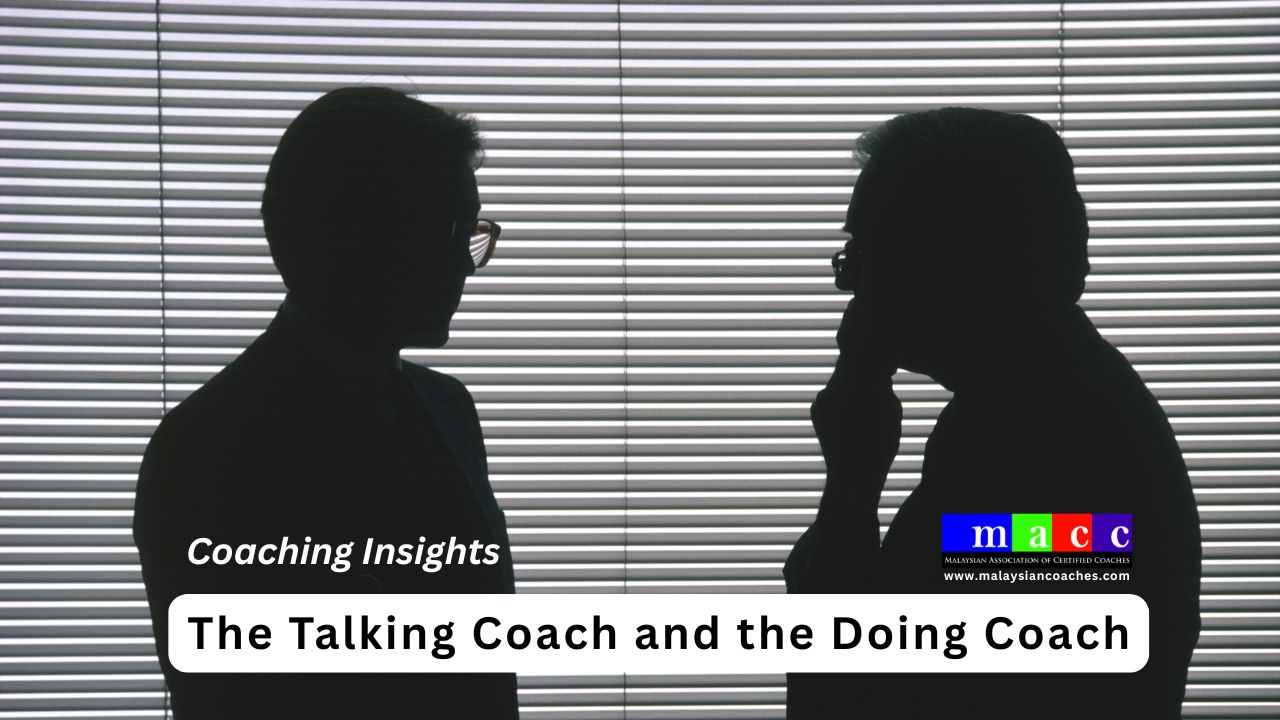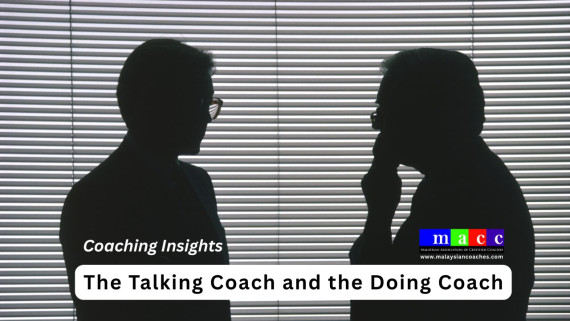- Home
- Blog Detail
Blog Detail

- Blog
- October 18, 2025
The Talking Coach and the Doing Coach
Many say they are good coaches, often referencing their experience and credentials; but that doesn’t always mean they actually know how to coach effectively.
The notion of “Hakushi” suggests that many might be more in a lecture mode, instructing, giving talks and speeches but may not measure up to actual coaching practice itself in facilitating true blue coaching dialogue.
Just because someone has years of experience doesn’t automatically make them a great coach.
In fact, the best coaches focus on honing their skill set silently when they can create open, supportive spaces where their clients feels valued and heard rather than simply sharing what you know.
So, being a good coach requires more than experience—it demands the skills and the ability to connect, listen, and empower others on their journey!
About the Author:
This article was written by Dr. Michael Heah, Chairman of the Malaysian Association of Certified Coaches (MACC). A pioneer and thought leader in the coaching field, Dr. Heah is widely recognized as Malaysia’s Father of Coaching, dedicated to advancing the practice and professionalism of coaching across the region.


.jpg)


.jpg)





.jpg)




 (730 x 350 px) (2).jpg)
 (730 x 350 px).jpg)
 (730 x 350 px) (1).jpg)